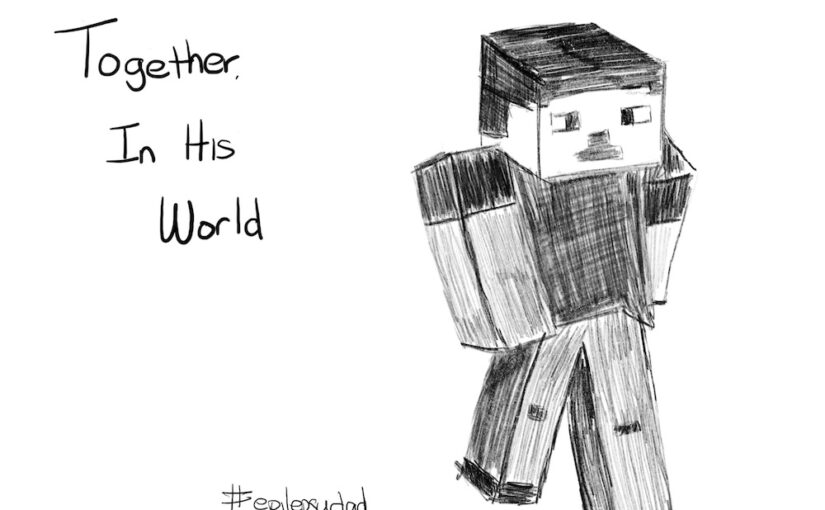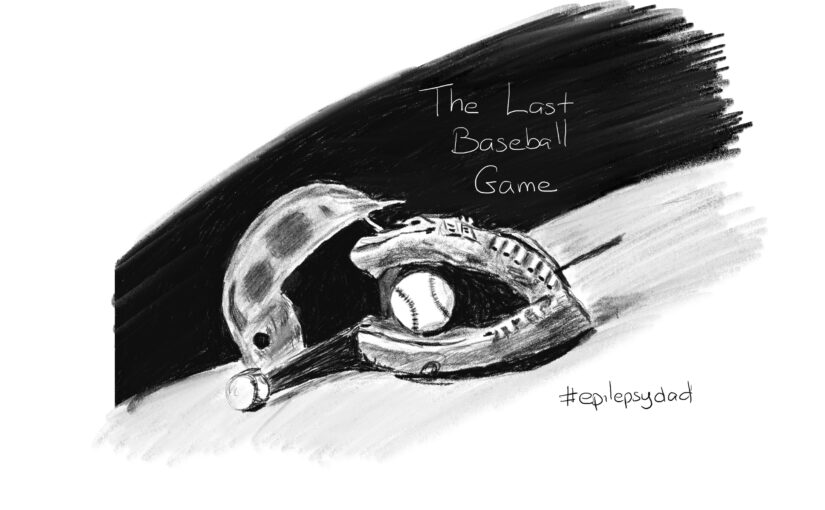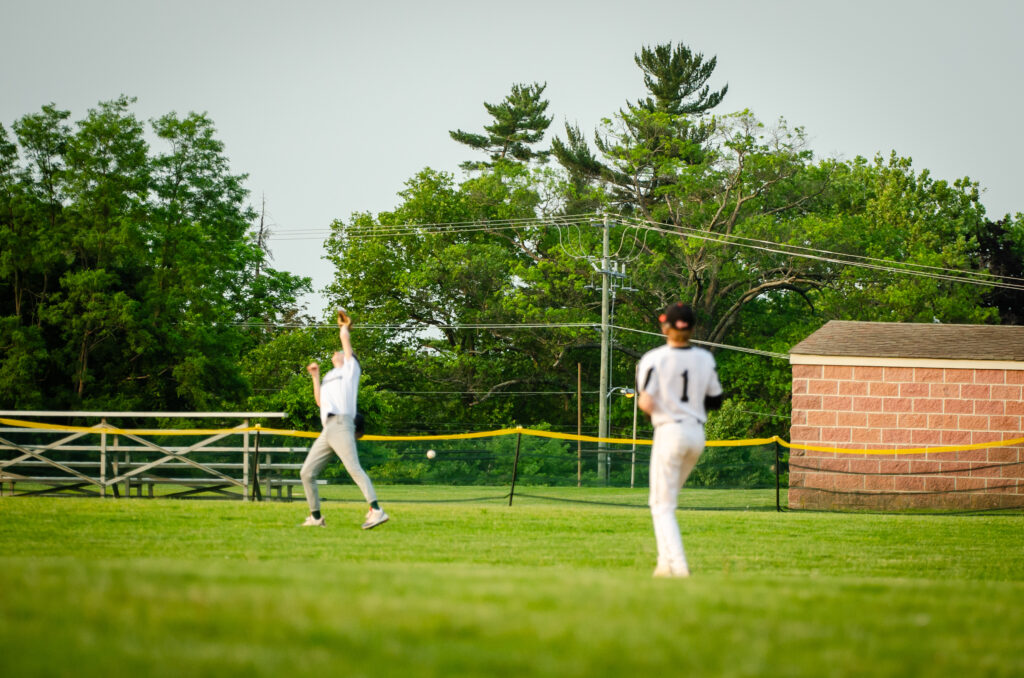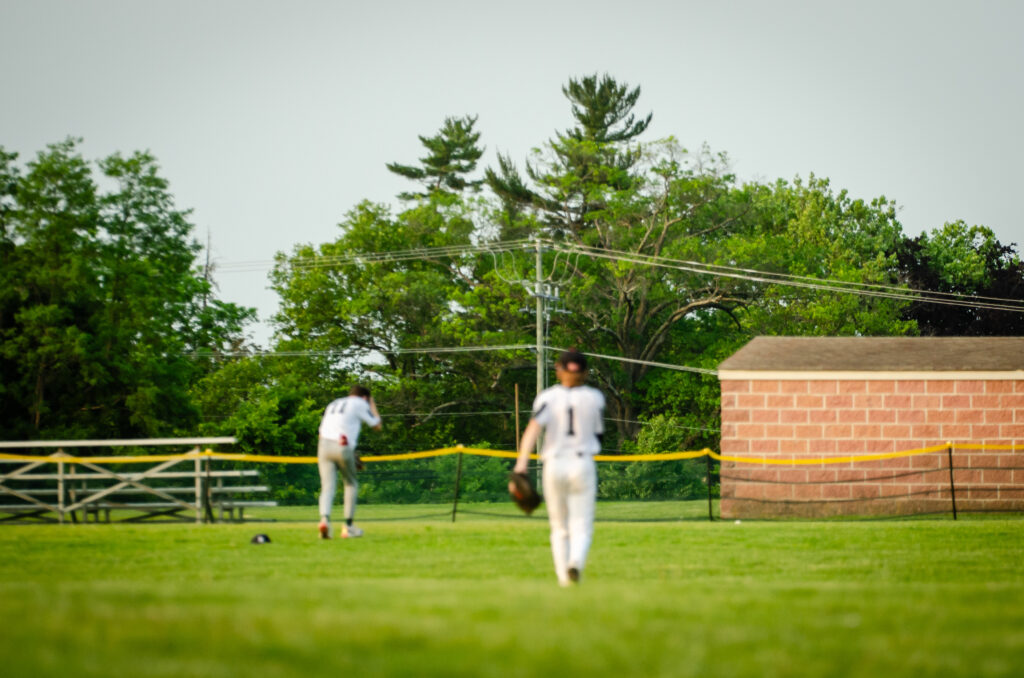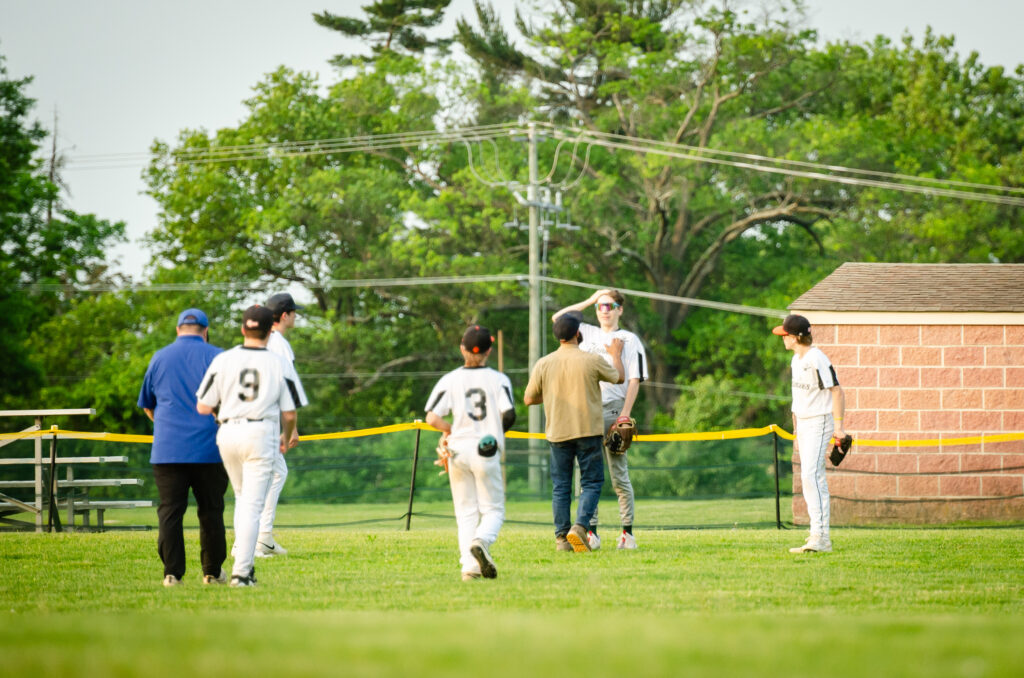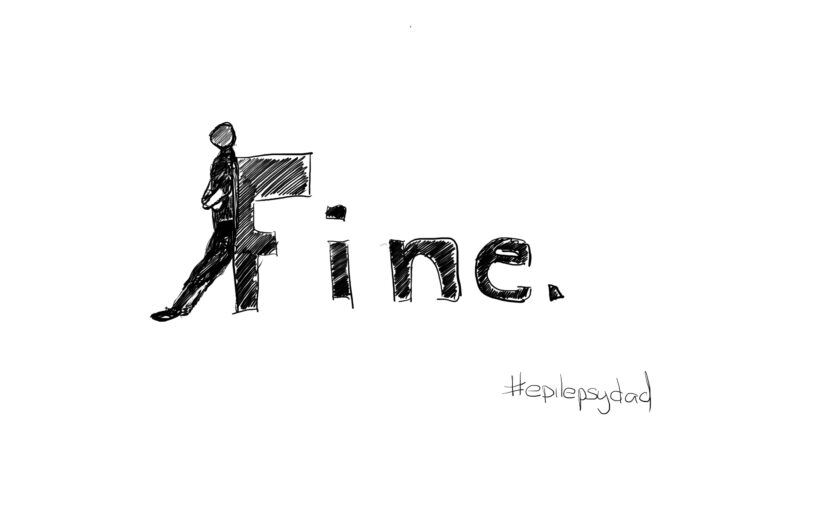I stood behind my son in a deep cave. A torch on the wall behind us was the only light, casting our long shadows down the tunnel ahead.
“What are we looking for?” I asked.
“Diamonds,” he said.
We continued forward, using our pickaxes to clear the stone blocks in our path. The deeper we went, the darker it became. Occasionally, we’d hit pockets of lava or veins of redstone. I mostly followed his lead—he knew where to dig, where to place torches, when to mine, and when to run.
Then I saw movement ahead. I hung a torch on the wall and, when it ignited, I saw a very large spider walking toward us.
“I hate spiders,” I sighed.
My son didn’t hesitate. He didn’t flinch. While I stayed back, cautious and reluctant, he moved forward.
That’s how it’s always been. In these games, in these worlds, he becomes someone else—bold, decisive, brave. He leads with purpose, unburdened by the hesitation that sometimes follows him in the real world.
I raised my head to see him at his computer, locked in, defeating the red-eyed monster. With the path clear, I looked back down at my iPad, and we pressed on in our quest.
It had been a while since we had played in the same physical space. Lately, he’s been focusing on his streaming “career,” diligently trying to build an audience on Twitch. He’ll come home from school, finish his homework and chores, head to his room, and close the door.
I’ll watch his stream. Sometimes he plays with friends. Sometimes alone. Sometimes we play together—but two floors apart, connected only by FaceTime or in-game audio. It’s something, but it’s not the same.
Today was different.
Minecraft is one of the few games where he takes the lead. He’s the expert—he builds the world, sets the rules, and guides the mission. He lights up when he shows me what he’s made—a house with hidden doors, a rollercoaster that goes through a mountain, or a massive Captain America shield reaching impossibly high into the sky.
In the real world, everything takes extra energy. Every day is a challenge that he doesn’t always show. The constant pressure to keep up, to interpret unwritten rules, to manage the invisible toll of his condition—most people wouldn’t notice it, but it’s there. And it wears on him. But in these digital spaces, he’s free. Confident. In control.
Sitting beside him, I kept glancing up from my screen. I saw how invested he was in keeping me alive, on task, and included. He was unusually chatty, explaining our next steps. His voice was proud. His posture relaxed. He was happy.
And I was, too.
We’ve been in a bit of a rut lately—living in separate spaces, our lives occasionally overlapping. I’ve caught myself worrying that the distance is permanent. That the doors he closes might stay that way. It’s easy to panic when that happens. To think it’ll take something big to bring us back together.
And maybe that fear comes from knowing what distance can become.
Because that’s what happened to me. I hid in my room, hands on a keyboard, eyes on a screen, building worlds in code. I created that distance—between me and my parents, who didn’t understand me, and my sister, who didn’t want to be around me. In my room, and in that world, it was easier. I was safe. And no one did anything to change it. So the distance became permanent.
But today reminded me: sometimes it only takes a moment. A small step into his world. A little curiosity. A shared screen. A diamond hunt.
Not to fix everything, but to find each other again.
